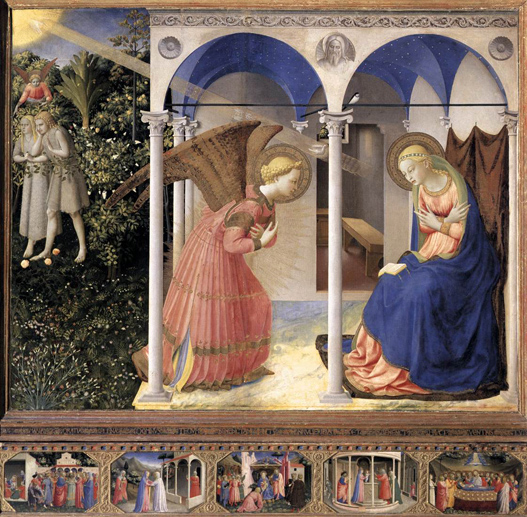My word of the year is grace. I’m living this year trying to
understand what it means when we say that God is gracious, that we are
transformed and renewed by grace, that grace is free and present and abundant
all of the time. One thing I’ve been learning is that sometimes the working of
grace in my life looks like a punch in the face—it shocks me, hurts me, makes
me take a look around and reconsider my expectations. But other times, grace is
like a warm hug, a spicy samosa shared with a friend, a cup of Earl Grey, laughing
in the midst of a field of poppies, an infant’s little fingers wrapped around
my pinky, breathing.
God gives us grace, in the packaging and dosage we most
need, at the times when we most need it. I’m learning to recognize the presence
of God in the everyday. I eat a strawberry: its sweet redness, its heart-shaped
perfection, reminds me that God is good.
And then there are those other moments. The moments when
what I most want is to just walk out of the room, out of the door, into nothingness,
because existence feels futile, and frustrating, and impossible to bear. Then I
think grace is like a sharp slap across my face, because it makes me remember
that I have been created for something more: for something good, and true, and
lovely. The me who was satisfied wandering around in circles pretending to live
is more desperate than the me who is sitting on the ground, rubbing my sore jaw
and wondering what just happened.
Grace is supernatural. That means that grace intervenes in
nature—in the ordinary, the mundane, the status quo, the expected. Grace is
wholly unexpected, wholly undeserved, and dearly needed. My natural self cannot
get anywhere without God’s cosmic karate chop. I need God’s power not just to
make all of my dreams come true, but to shatter the dreams that are built on
false and shaky hopes, and to build new dreams on substantial foundations.
Grace meets me where I am, and then, like a whirlwind, it
picks me up and whirls me around until I lose my bearings—leaving me somewhere
else. The land may look barren—broken rocking chairs strewn about the desert,
someone’s dazed cat stalking by on wobbly feet, but it is here, in this place,
that I can meet God, because there is nothing else I expect to see. I have been
taken out of myself to meet him. To meet God on his own terms, in his own
timing, on his own fruitful soil.
To find one’s self in the economy of grace is to find that
you do not have enough money for the journey. In fact, you are a thief and a
stowaway and you have been found out. But instead of being tossed off the
train, with your raggedy carpet bag tossed behind you, you find that you are
invited to dine in the first class coach, provided you admit to the other
passengers that your fashionable clothes are borrowed, and that your fare has
been donated, not earned. It is in grace that we learn how poor we are. Blessed are the poor in spirit, for theirs
is the kingdom of heaven. This means, blessed are you when you can’t
pretend anymore that you have anything to give, anything left to bargain with,
anything to cover the fact that left to yourself you are only naked and mean
and ugly.
Grace takes this ugly unkindness and dresses you up,
beautifully, generously. Suddenly, you are the belle of the ball, and you
remain here—in twinkling crystal slippers and a blue gown—until you forget that
your carriage is really only a winter squash and that rodents alone will
befriend you. Then, here comes grace, like a clock chiming twelve, to remind you
that all you can claim for yourself are rags and woes and a bed made of ash.
Thank you, God, for the punch in the face that reminds us of
how good you are, and of our poverty without you.
As Anne Lamott says,
“Remember, God loves you exactly the way you are, and he
loves you too much to let you stay like this.”





